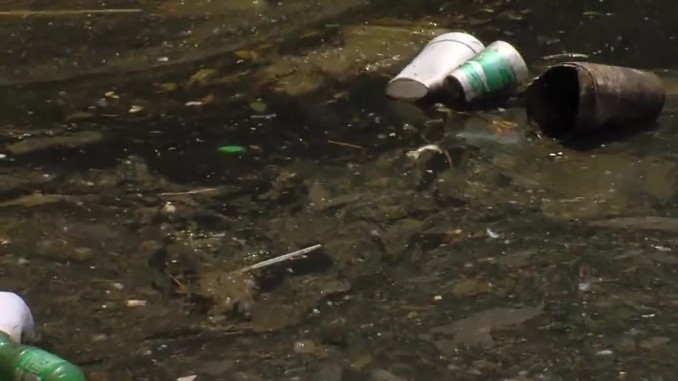
Pollution from the Back River Wastewater Treatment Plant, which serves 1.3 million Baltimore area residents, has introduced infestations of midges (tiny aquatic flies) and algae, depleting the marine ecosystem of oxygen. People can’t even walk nearby without swallowing a mouthful of midges and smelling hideous odors. The state of the Back River – a place where many residents go to fish and swim – is not fit for human health or for marine life.
In response to reports from the community, the Maryland Department of the Environment (MDE) took control of the plant from Baltimore City, claiming imminent “catastrophic failure” and risks to public health. State inspectors found that Baltimore’s wastewater treatment plants have been illegally dumping over 100 million gallons of partially treated sewage into the Chesapeake Bay each day.
Rather than fix the source of the issue, the state and city agencies are suing one another and reporting success without any sort of action. In mid-April, MDE released a statement claiming the accumulated material is “NOT raw sewage” but instead may be “an accumulation of excessive suspended solids,” a distinction that achieves nothing for our communities and ecosystems.
The state and city governments are also in battles about who will pay for the midge remediation, a multi-million dollar plan that intends to spray a naturally occurring bacteria via helicopter. Desiree Greaver, project manager for the Back River Restoration Committee, has called this a “Band-Aid on a bullet hole” and said, “We need to fix the source of the issue.”
People in the community know what we need: no untreated sewage – or “excessive suspended solids” – in our water. It’s outrageous that in the 21st century the government does not guarantee clean water – and in this case in the richest country in the world. Officials instead point fingers at each other and pose too-little-too-late strategies. If we want a healthy, livable future, we will have to organize and fight to take these types of decisions into our own hands.

